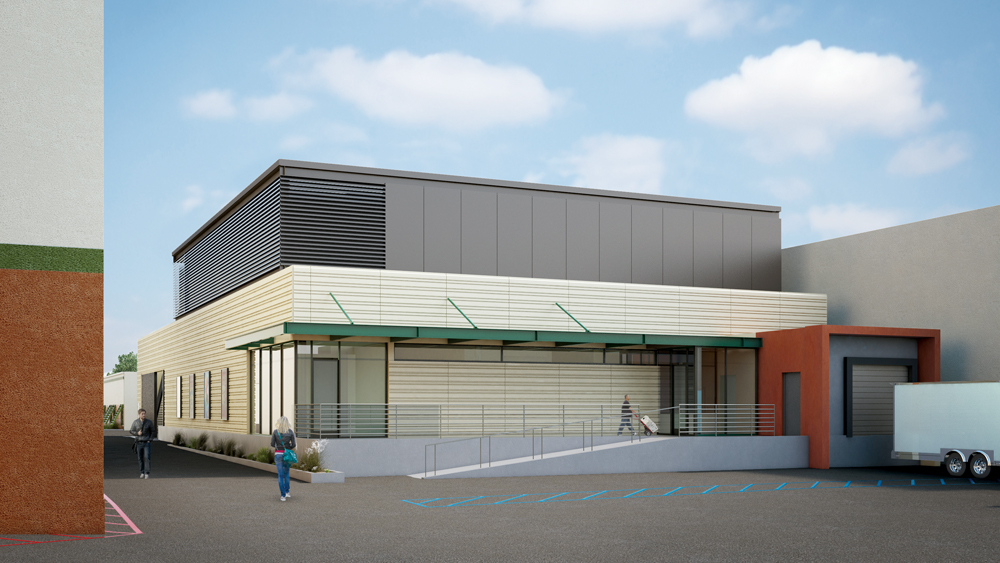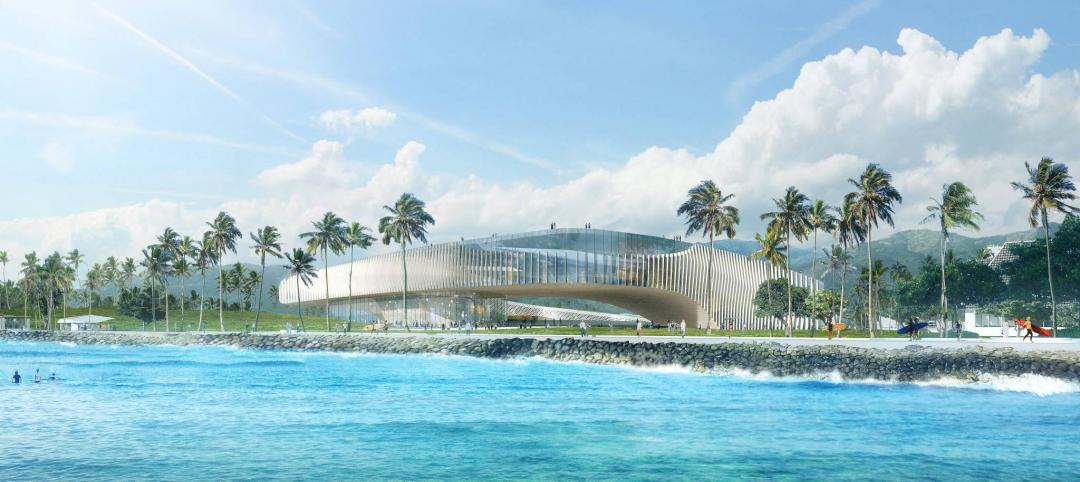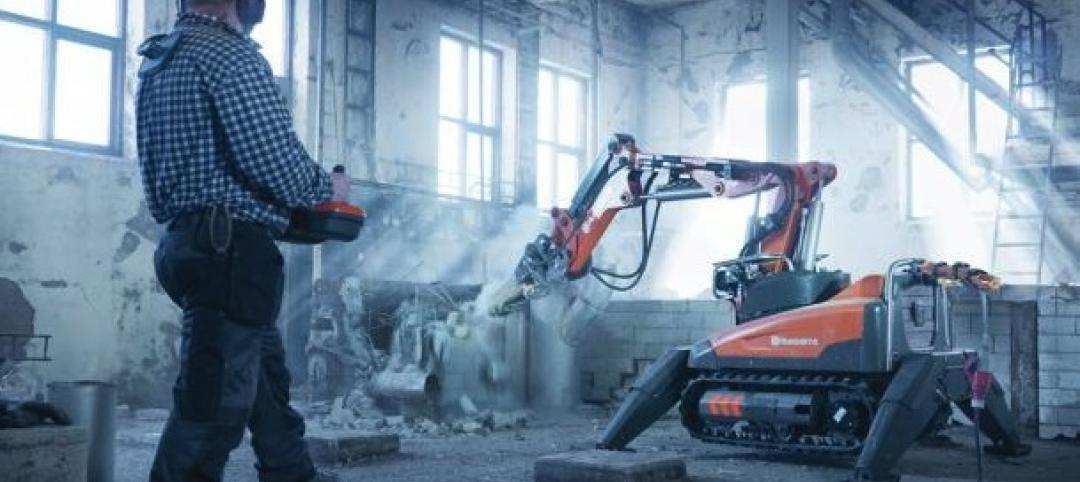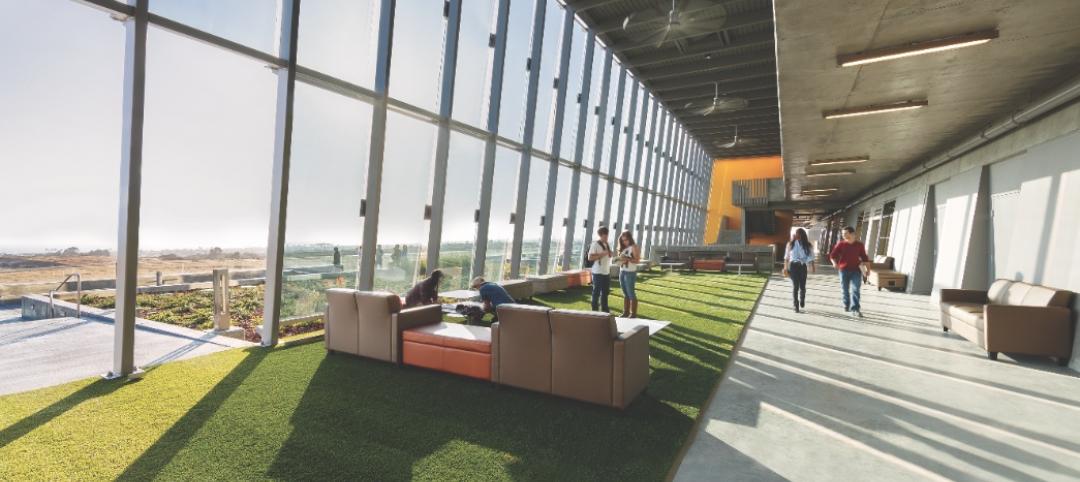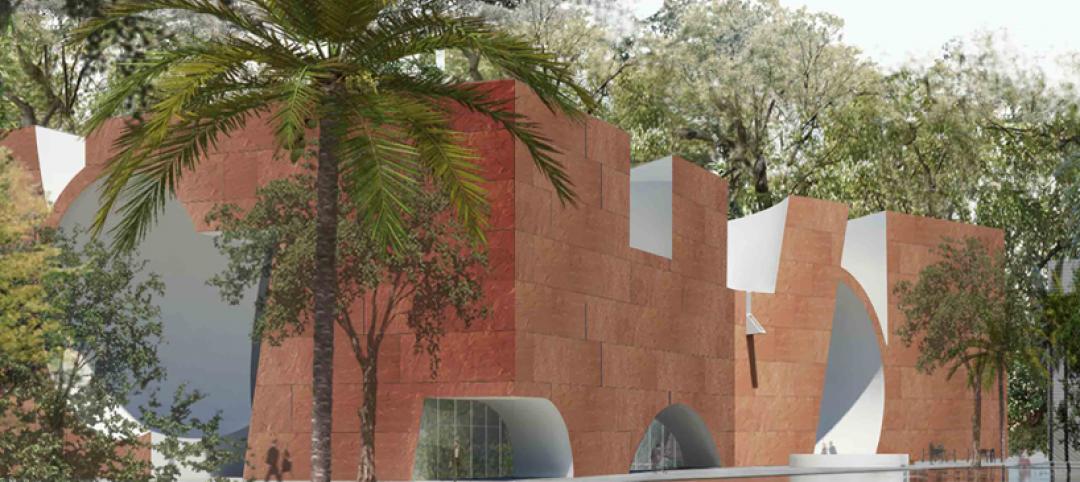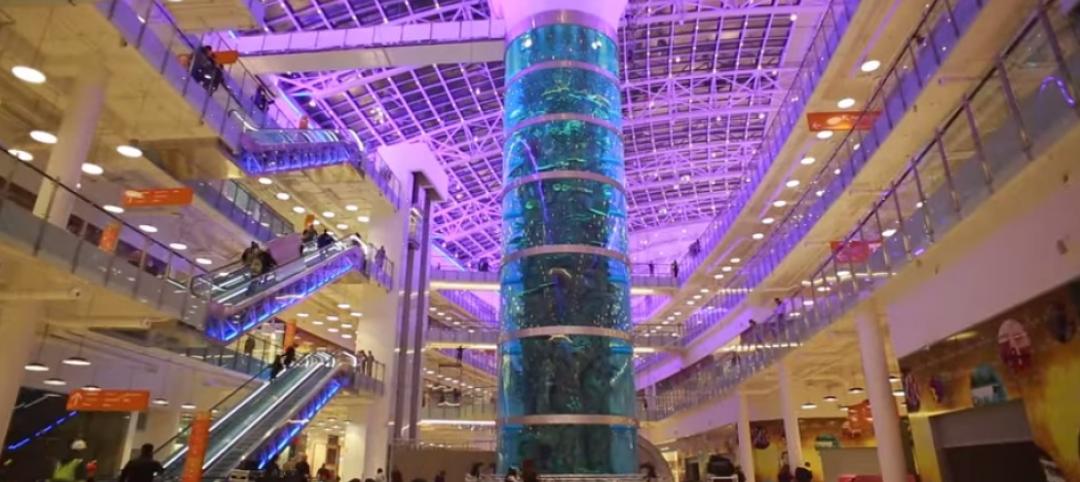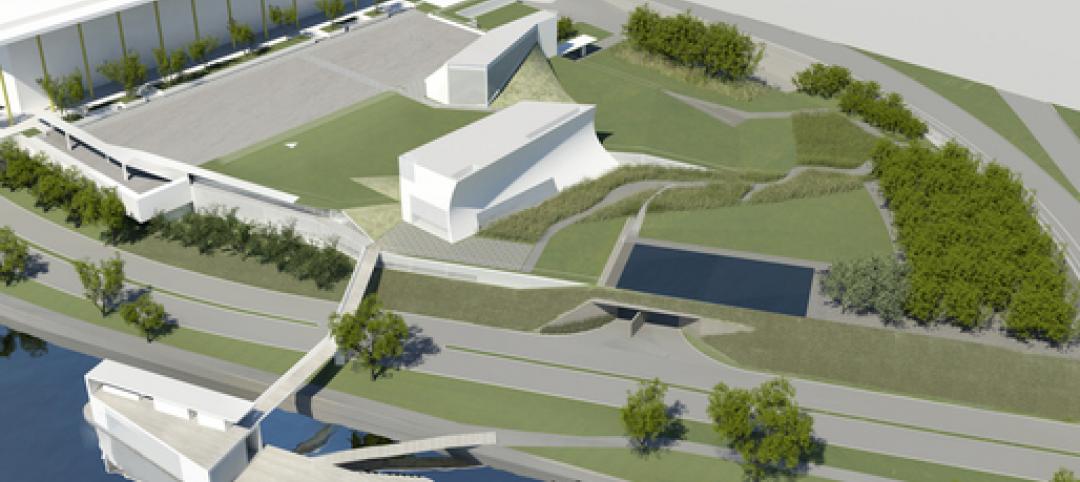A major movie studio needed a new vault to protect its irreplaceable negatives for films released after 1982. The studio was against installing a fire-sprinkler system. But a consultant reminded the studio that an insurer would require some sort of water system to protect the building itself if not the films, which are uninsurable.
The studio turned to SmithGroupJJR, which designed the 415,000-sf National A/V Conservation Center in Culpeper, Va., where the Library of Congress houses its film, video, broadcast, and recorded sound materials.
In that project, local code officials required a clean-agent fire suppression system with a pre-action water sprinkler system as backup. SmithGroupJJR went with a primary system that uses FM-200, a clean, colorless, environmentally friendly gaseous suppressant.
For the movie studio, SmithGroup came up with a “Russian nesting doll” design. SVP Hal Davis, the firm’s Cultural Studio Leader, explains that the vault is its own separate building, equipped with a clean-agent suppression system. The inner shell maintains temperature and humidity at just the right levels to preserve the film negatives. A second structure, fitted with a sprinkler system, will be built over the vault in such a way that water can’t get to the film stock. The roof actually diverts water away from the vault.
Construction of the nearly 10,000-sf structure kicked off in November. Davis says the structural redundancy, while adding to total cost, enabled the building to exceed the regional seismic code standard.
The design has attracted the attention of another studio. Davis believes the concept could have applications for other buildings that protect valuable books, paintings, artifacts, and documents.
Read about more innovations from BD+C's 2014 Great Solutions Report.
Related Stories
| Jan 7, 2015
University of Chicago releases proposed sites for Obama library bid
There are two proposed sites for the plan, both owned by the Chicago Park District in Chicago’s South Side, near the university’s campus in Hyde Park, according to the Chicago Sun-Times.
| Jan 7, 2015
4 audacious projects that could transform Houston
Converting the Astrodome to an urban farm and public park is one of the proposals on the table in Houston, according to news site Houston CultureMap.
| Jan 6, 2015
Snøhetta unveils design proposal of the Barack Obama Presidential Center Library for the University of Hawaii
The plan by Snøhetta and WCIT Architecture features a building that appears square from the outside, but opens at one corner into a rounded courtyard with a pool, Dezeen reports.
| Jan 2, 2015
Construction put in place enjoyed healthy gains in 2014
Construction consultant FMI foresees—with some caveats—continuing growth in the office, lodging, and manufacturing sectors. But funding uncertainties raise red flags in education and healthcare.
| Dec 28, 2014
Robots, drones, and printed buildings: The promise of automated construction
Building Teams across the globe are employing advanced robotics to simplify what is inherently a complex, messy process—construction.
| Dec 28, 2014
AIA course: Enhancing interior comfort while improving overall building efficacy
Providing more comfortable conditions to building occupants has become a top priority in today’s interior designs. This course is worth 1.0 AIA LU/HSW.
| Dec 22, 2014
Skanska to build Miami’s Patricia and Phillip Frost Museum of Science
Designed by Grimshaw Architects, the 250,000-sf museum will serve as an economic engine and cultural anchor for Miami’s fast-growing urban core.
| Dec 9, 2014
Steven Holl wins Mumbai City Museum competition with 'solar water' scheme
Steven Holl's design for the new wing features a reflective pool that will generate energy.
| Dec 9, 2014
Must see: World's tallest cylindrical aquarium unveiled in Moscow
The aquarium, designed and built by International Concept Management, is a staggering 23 meters tall and is viewable from all four levels of Europe's largest shopping center.
| Dec 8, 2014
Steven Holl's expansion to JFK performing arts building breaks ground
Designed by Holl and BNIM, the 65,000-sf facility will function as an interactive space, where artists and the community can come together.


